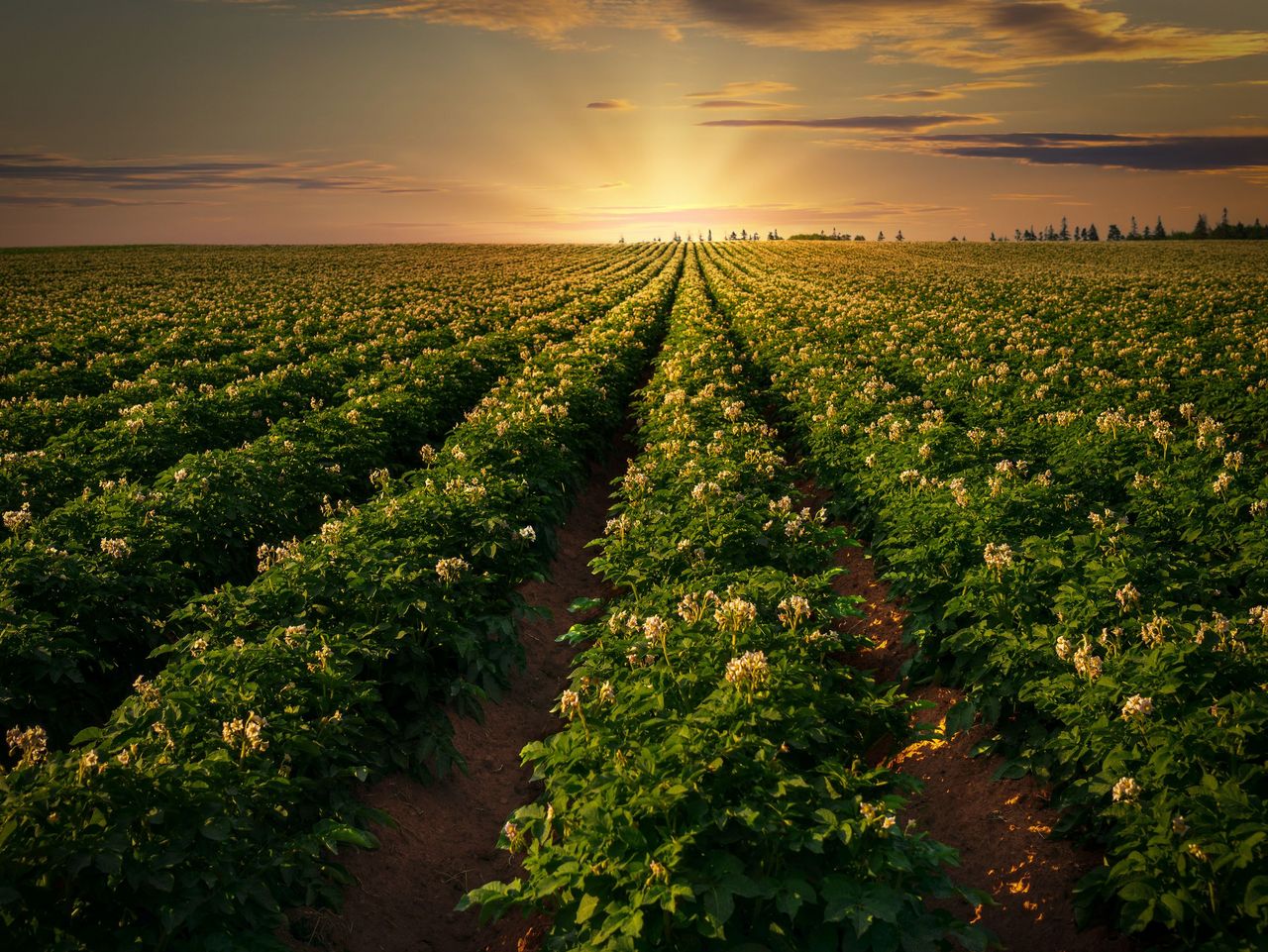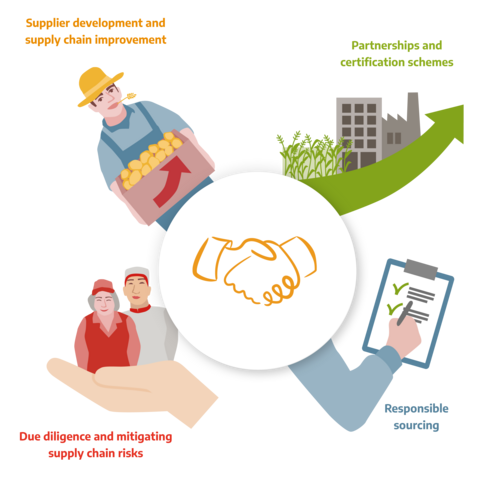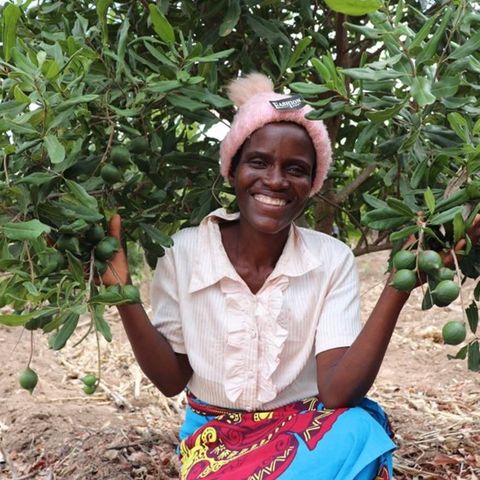Czech Republic
You are currently on the Czech website.
International websites:
You will be forwarded to the respective provider; we have no influence on the data processing there. Please see our Privacy Policy for more information.
You will be forwarded to the respective provider; we have no influence on the data processing there. Please see our Privacy Policy for more information.
You will be forwarded to the respective provider; we have no influence on the data processing there. Please see our Privacy Policy for more information.
You will be forwarded to the respective provider; we have no influence on the data processing there. Please see our Privacy Policy for more information.
You will be forwarded to the respective provider; we have no influence on the data processing there. Please see our Privacy Policy for more information.
You will be forwarded to the respective provider; we have no influence on the data processing there. Please see our Privacy Policy for more information.
You will be forwarded to the respective provider; we have no influence on the data processing there. Please see our Privacy Policy for more information.
You will be forwarded to the respective provider; we have no influence on the data processing there. Please see our Privacy Policy for more information.
You will be forwarded to the respective provider; we have no influence on the data processing there. Please see our Privacy Policy for more information.
Joint-ventures websites:
You will be forwarded to the respective provider; we have no influence on the data processing there. Please see our Privacy Policy for more information.
You will be forwarded to the respective provider; we have no influence on the data processing there. Please see our Privacy Policy for more information.
You will be forwarded to the respective provider; we have no influence on the data processing there. Please see our Privacy Policy for more information.
You will be forwarded to the respective provider; we have no influence on the data processing there. Please see our Privacy Policy for more information.









